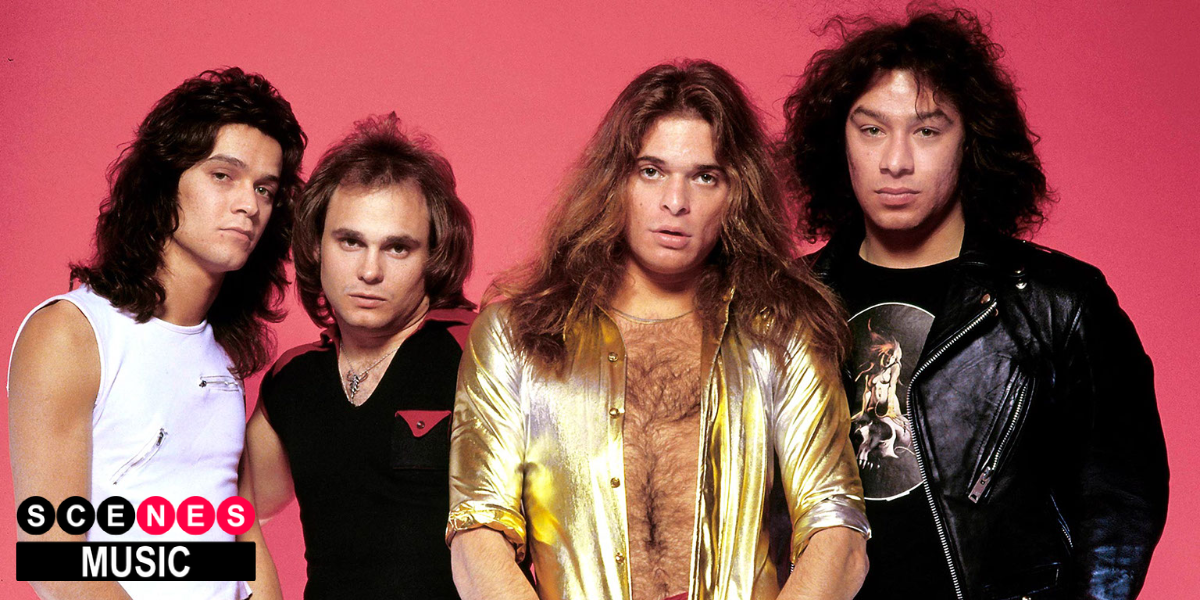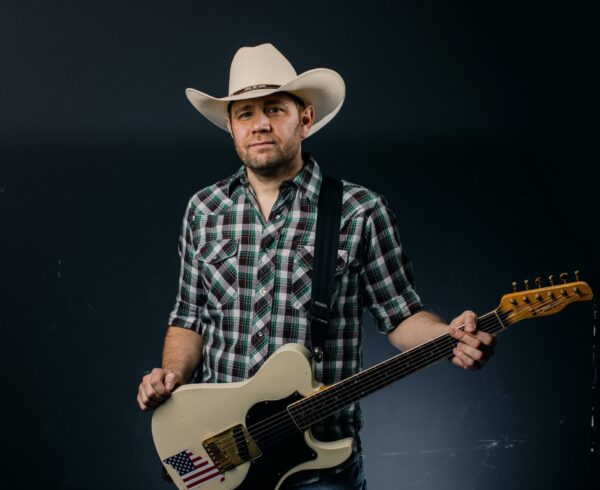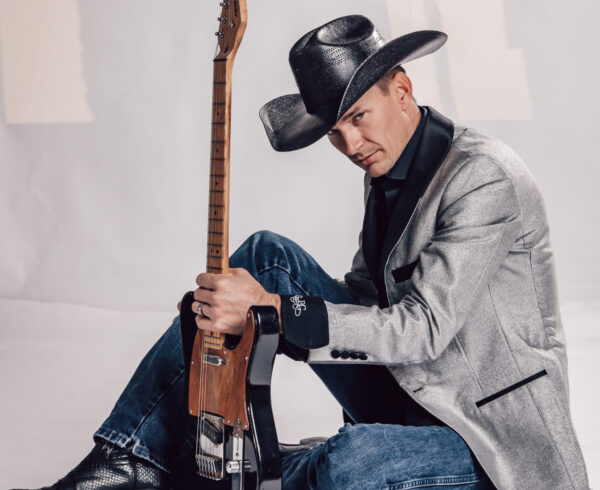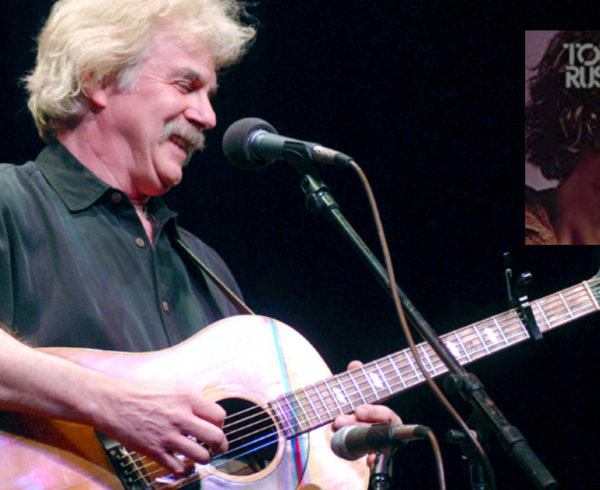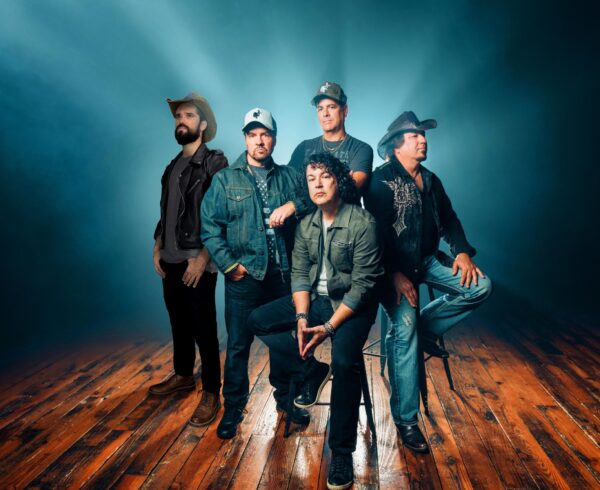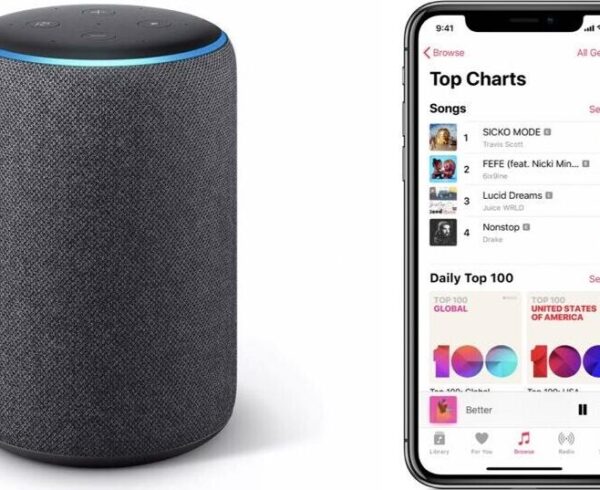I was in utter shock last Tuesday when one of my best friends—a guitarist himself—texted me that Eddie Van Halen had died. Sure, I knew that he’d been battling throat cancer for years, but when a figure as towering as Eddie, a rock god in every sense of the word, passes away, shock and a mournful gratitude seem like inevitable things to feel.
What has not been shocking, however, is to find that the sentiment is clearly universal. It has shown in the outpouring of tributes by colleagues and protégés alike—from Jack White on SNL to Ozzy Osbourne’s statement in Rolling Stone: “He made it look like it was not difficult. He made it look like it was a natural thing. Everybody else was trying to be Eddie Van Halen, but there is only one Eddie Van Halen. I thought he was brilliant. God only knows what you have to do to get that good.” Admiration for Van Halen’s legacy has not manifested in just celebrity praise though.
According to Rolling Stone, since Eddie’s death, Van Halen’s album sales are up 7600%, while their digital singles sales saw a 7800% increase, and their streaming has gone up by 660%. Sales of their cover of “You Really Got Me” skyrocketed by a staggering 33,200%. Further, this trend has been enough to return both their debut, self titled album and 1984—the record that includes hits like “Jump,” “Panama,” and “Hot for Teacher”—to the RS200 chart at Numbers 79 and 114, respectively.
In other words, legions of fans are choosing to process this seismic loss in perhaps the most natural way of all, remembering Van Halen as he was: a guitarist with seemingly supernatural talent, whose inimitable approach, rock star sensibility, and happy go lucky attitude made him truly one of a kind. I have been one of those fans this past week, and I imagine I will remain one in perpetuity, for even as the man has been laid to rest at just sixty five, the magnitude of Eddie Van Halen’s legacy is immortal.

